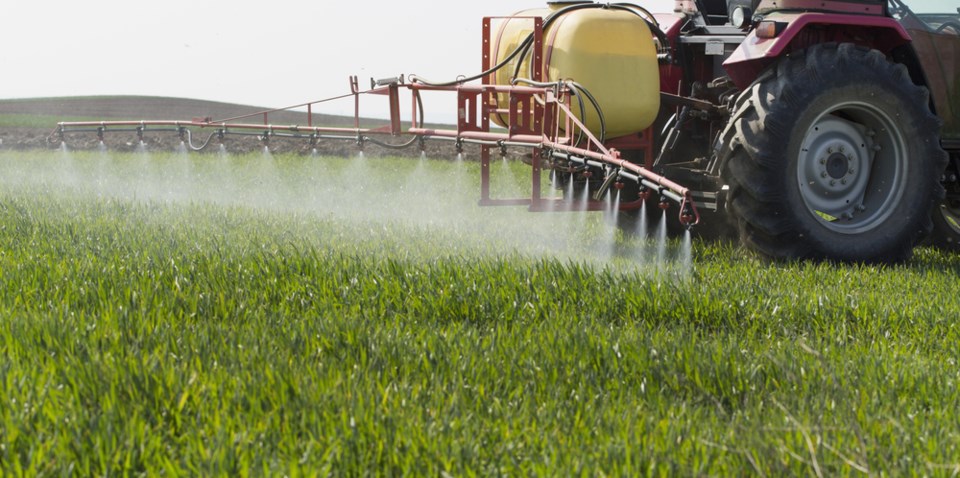Crop producers need to do their part in keeping access to international markets for their grain.
Canada needs to maintain its reputation as a safe, reliable supplier.
That was the message from a panel led by Karen Churchill of Cereals Canada at Cropsphere this year.
Access is crucial; 90 per cent of canola, over 80 per cent of wheat and over 80 per cent of pulse crops must be exported. Her presentation noted risks to market access come from different requirements by buying countries.
“Canada’s exports must meet the needs of our customers which are not always the same as Canadian regulations,” she said.
Exports have been impacted with the entire 2018 durum crop lost to the Italian market from safety concern pressures over glyphosate residues. China turned back canola shipments over blackleg.
The European Union in 2011 rejected lentils over glyphosate residues with rejected cargoes and associated costs of product recall reselling the cargoes and demurrage.
That was addressed by handling and segregation of crops, development of rapid MRL tests and communications with growers.
Importing country markets regulate crop imports to protect plant, animal and human health with complex rules paying close attention to pesticides, pesticide residues, seed technology and biotechnology as well as diseases like fusarium and blackleg.
Different standards of maximum pesticide residues (MRLs) come into play in various markets such as the European Union.
The industry is meeting the challenges with a “keep it clean” campaign urging growers to prevent rejection of shipments by best practice uses of pesticides, fungicides and insecticides but absolute farmer co-operation is needed.
Farmers can inform themselves about best practices and trends on the website www.keepingitclean.ca
The website offers tips, lists acceptable chemicals and information on meeting requirements to keep export market access.
Grain handlers at port can trace grain back to the farm where it was grown.
Farmers should use only acceptable pesticides, always read and follow label instructions, store crops properly, use infection reducing practices and grow disease resistant varieties.
Ron Walter can be reached at [email protected]




